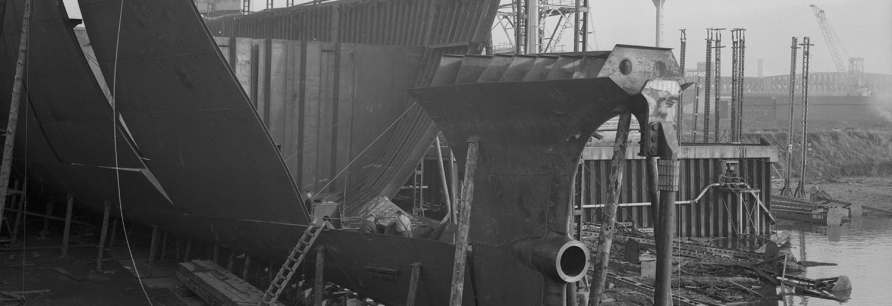Recent cases have demonstrated the importance of expert advice and evidence in the initial stages of commercial disputes. Disclosure is often a key issue and experts have always been involved in the earliest stages of case preparation to assist with obtaining critical factual evidence. Peter Daniel Forensic Consultant, says that increasingly, this involves starting with a formal meeting of experts and the preparation of an agreed joint statement.
In the past, a new instruction was often accompanied by a request to provide a list of documents and information. This was met with a generic listing of the type of documents that we, as accountants, would expect to exist and be available for disclosure.
In many cases, and those involving value in particular, the disclosure process can become a protracted exercise. Initial responses to requests for relevant documents have been met with minimal responses that are scarcely credible. Few documents are produced and the accompanying reports of enquiries made reflect the responses of one or a limited number of individuals.
Where such responses are inadequate, the legal team needs to insist that the scope of the search is expanded. This can often require bravery as the court or tribunal’s patience may begin to wear thin in the face repeated demands made to address limited and minimal disclosure. At this point, the expert’s involvement can support and reinforce the requests made. Where the process becomes protracted, meetings between experts and agreed statements often provide significant assistance in demonstrating the pertinence of the disclosure sought.
In recent cases, the importance of experts to disclosure has been shown by being instructed to meet at the earliest opportunity, even before any reports have been served. In such cases the experts are are to produce an agreed joint statement setting out the approach and methodology to be taken to the technical issues faced. Significantly, this note will also address the disclosure considered relevant and which is expected to be available. Although this reveals the expert involvement at a very early stage, the benefit is to quicken the disclosure process.
While it has always been the case that expert evidence can assist with the disclosure process, the recent trend towards very early meetings of experts shows the importance of this involvement in the prosecuting and potential settlement of commercial disputes.

